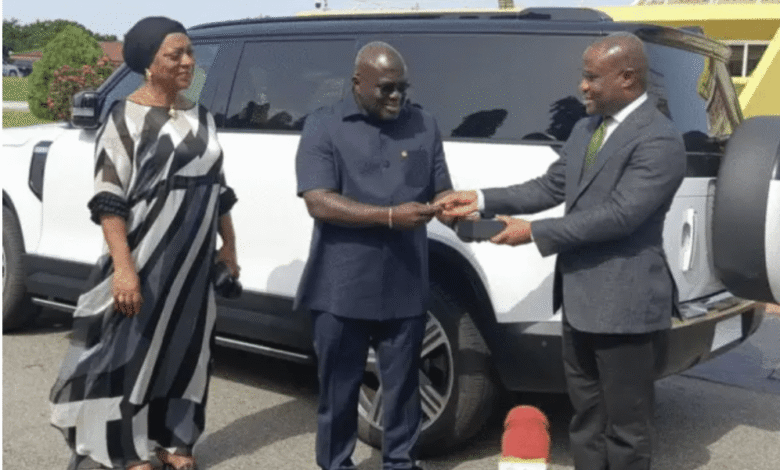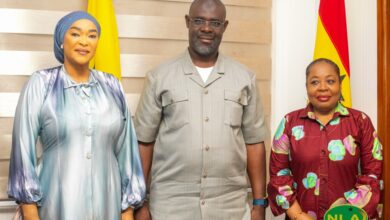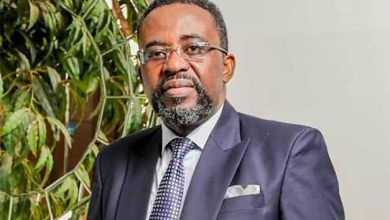Mahama should have rejected vehicle gifts outright

Dr. Kojo Pumpuni Asante, Director of Policy Engagements and Partnerships at the Centre for Democratic Development (CDD-Ghana), has criticised President John Mahama’s decision to accept and later donate two vehicles received as gifts, describing the gesture as inappropriate and a potential threat to integrity in public office.
Speaking on PM Express on Joy News on Tuesday, May 6, Dr. Asante said the President should have “flatly rejected” the vehicles instead of accepting and transferring them into the state pool.
He warned that such actions, even if well-intentioned, could compromise the presidency and set a troubling precedent.
“You don’t accept and then donate; you reject. These are high-value gifts, and we must discourage private individuals of influence from making such donations to the President,” he stated.
“The President holds too much power to create conflict of interest scenarios that you can’t cure.”
His comments come in the wake of President Mahama’s launch of a new Code of Conduct for public appointees, during which he disclosed that he had received two vehicles from private individuals and subsequently handed them over to the state.
Dr. Asante questioned the rationale behind the President’s decision and stressed that accepting gifts of such value, regardless of what is done with them afterward, carries significant implications.
“How are you going to determine whether the President is influenced or not in those kinds of scenarios? You simply can’t. So the best way forward is to avoid it entirely.”
He also expressed concern over the proposed ¢20,000 threshold for declaring gifts under the new Code of Conduct. According to him, the threshold leaves room for ambiguity and potential abuse.
“For me, that threshold and how we administer gift-giving need serious attention. Whether you declare it or not, the mere act of accepting a high-value item as President carries implications.”
Dr. Asante argued that real reforms require more than symbolic gestures and urged a cultural shift in how power and public office are perceived.
“If you’re the President and someone gives you two expensive cars, no matter how you rationalise it, it casts a shadow,” he said.
He concluded by stressing the need for Ghana to take bolder steps in defining ethical boundaries in governance.
“It may be uncomfortable, but that’s the point. That discomfort is necessary if we want real change. Integrity is not supposed to be easy.”





